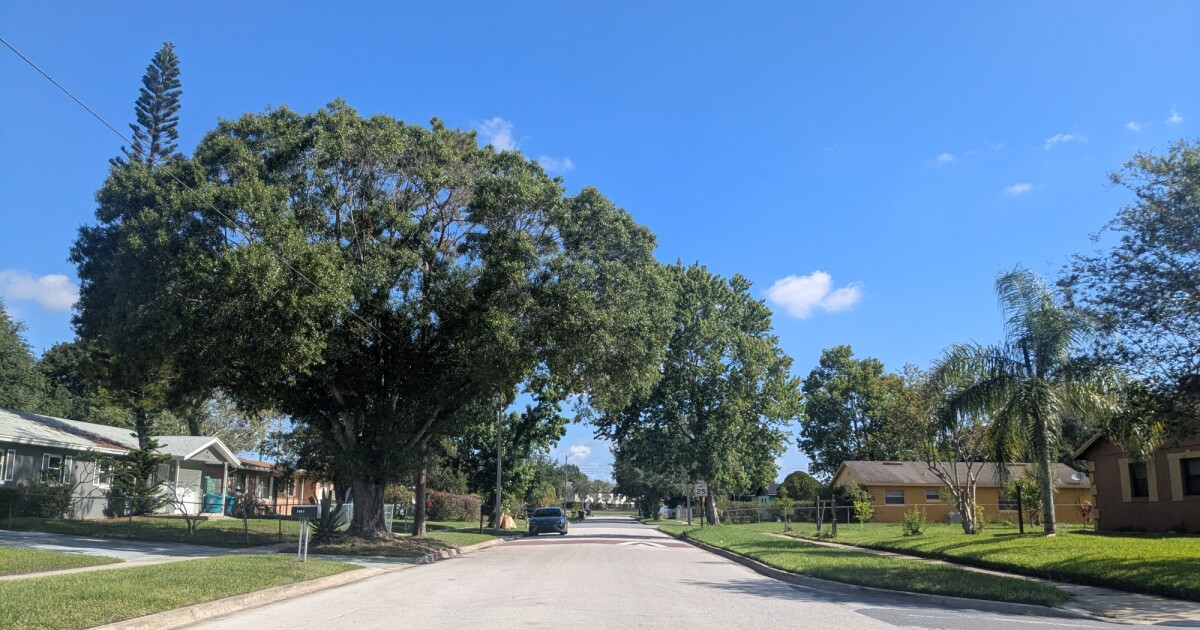In the lush hills of Ngororero district in northwest Rwanda, Antoine Nsanzumuhire carefully lifts a honeycomb from his beehives, golden honey glistening in the sunlight. His farm now boasts 200 modern hives, a remarkable growth from just 20 hives a few years ago. Climate change had affected his beekeeping, bringing erratic weather patterns and landslides. But thanks to support from the United Nations Environment Programme (UNEP), he joined a cooperative that taught him better beekeeping techniques and encouraged tree planting. These trees not only help his bees but also create a healthier environment. “I’m now able to plan for my future,” he says, highlighting his dreams of building a proper home and starting a honey business.
Nsanzumuhire is one of many farmers in Rwanda whose lives have improved through a UNEP-backed project managed by the Rwanda Environment Management Authority, with support from the Global Environment Facility. This initiative aims to restore forests and wetlands, equipping farmers to adapt to changing climates. Beekeeping is more resilient to plant-related weather challenges, offering a reliable income even when crops fail.
These efforts are part of what experts call ecosystem-based adaptation (EbA). Mirey Atallah, who leads UNEP’s Adaptation and Resilience Branch, notes that EbA offers a cost-effective way to tackle climate change. “It addresses multiple issues—cooling the land, restoring biodiversity, and reducing the risk of floods while boosting local economies,” Atallah explains.
Since the project kicked off, over 700 hectares of land have been restored, including forests and wetlands. This reforestation not only stabilizes soil and reduces the risk of natural disasters, but it also absorbs carbon dioxide, combating climate change. Rwandans are not just benefiting economically; they’re fostering a renewed sense of community responsibility.
Across the country in Kirehe district, Marine Babonampoze, adorned in her beekeeping suit, walks through the once-damaged Ibanda-Makera forest. Birdsong fills the air. Along with other beekeepers from her cooperative, she feels the positive impact of collaborating with others. “When we work together, everything improves,” she shares. Traditionally, beekeeping in Rwanda has been a male-dominated field. However, with newfound opportunities, women like Marine are now stepping into roles where they can thrive.
Since the project began, honey yields in the Ngororero cooperative have soared nearly tenfold, reaching 264 kg per season. This success story reflects not only the resilience of nature but also the power of community and knowledge-sharing. With better techniques and support, these farmers are not just surviving; they are thriving in harmony with their environment.
As communities learn to adapt and grow alongside their ecosystems, their stories showcase a hopeful path forward amid the climate crisis. For more on ecosystem-based adaptation strategies, check out UNEP’s findings here.
Source link
Africa,Climate Action,Adaptation,,Global Environment Facility,Nature-based Solutions






















